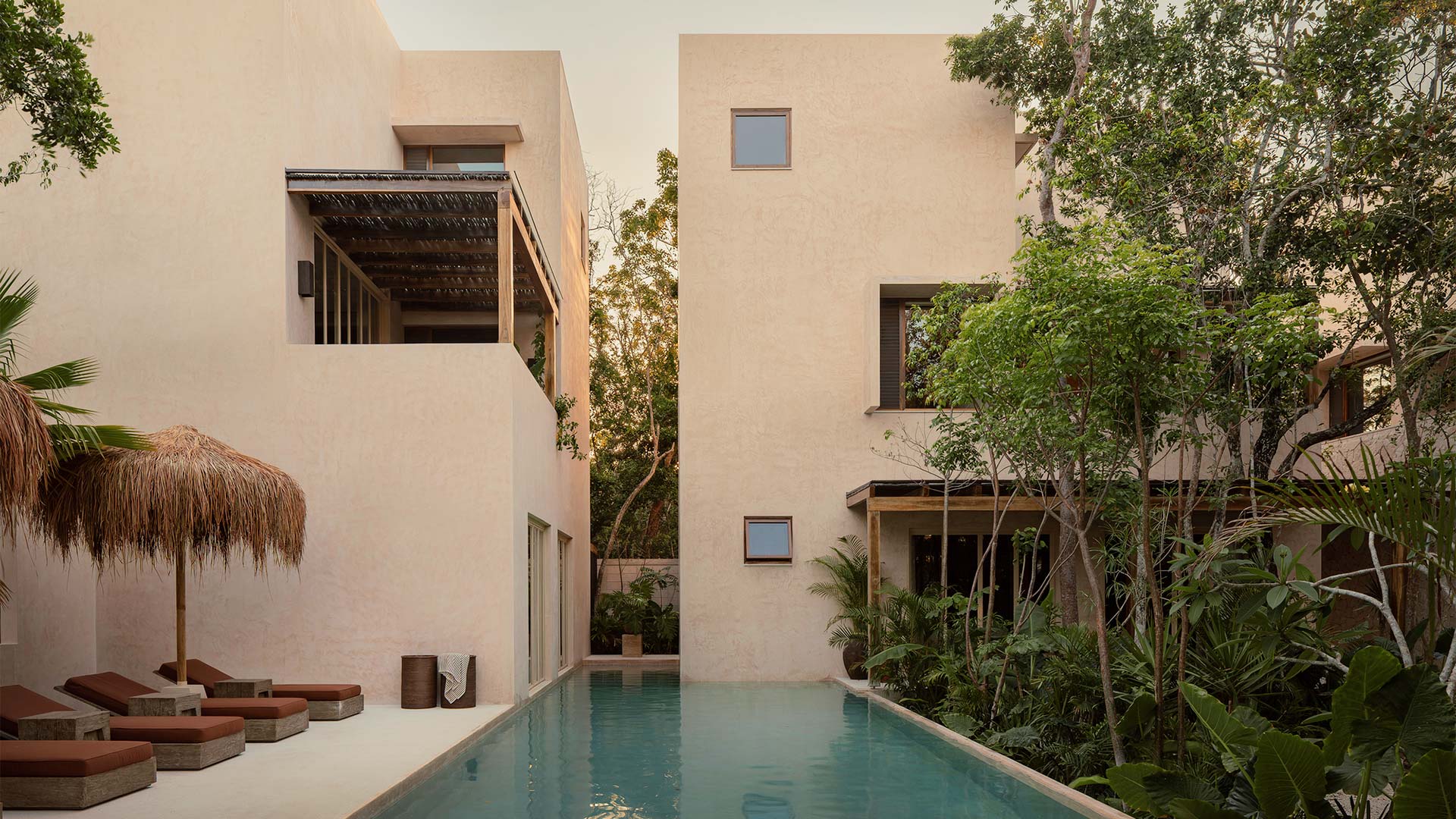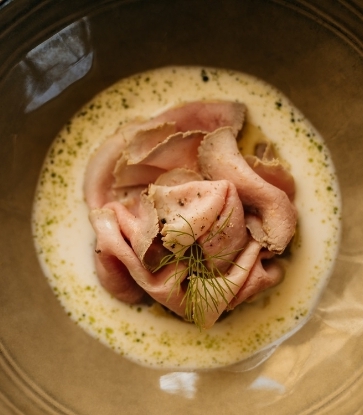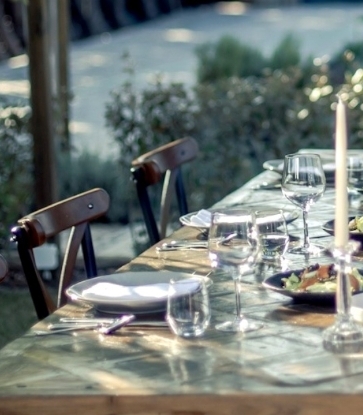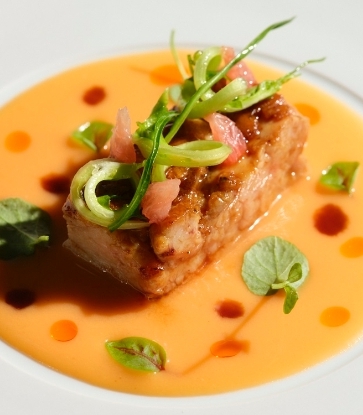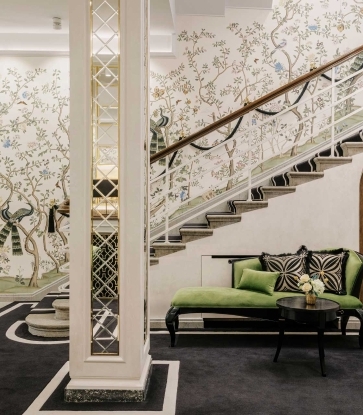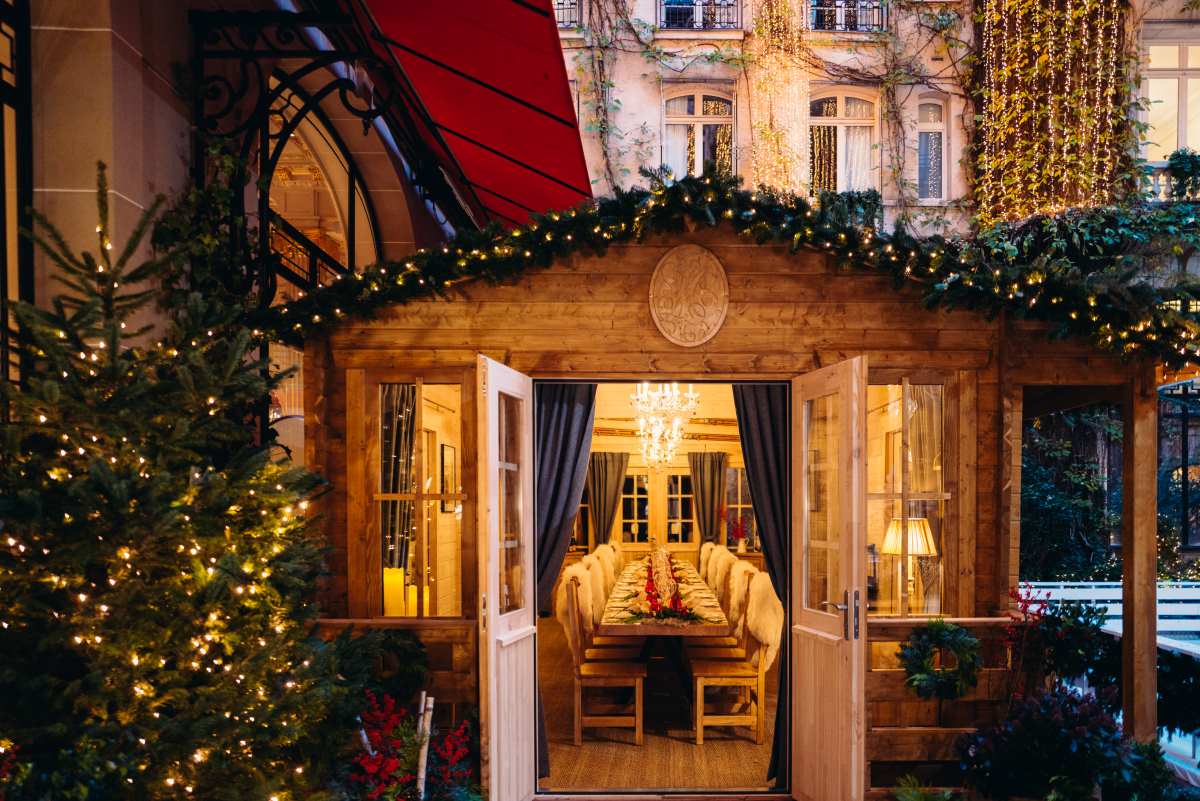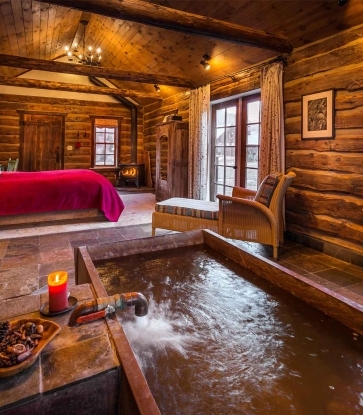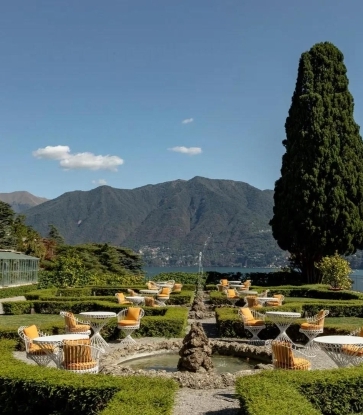The notion of sustainable luxury was once considered to be an oxymoron, but thanks to a shift in consumer trends, what used to be marketed as a hotel’s niche has since evolved to become a necessary part of any property’s operations.
According to Expedia’s 2022 Sustainable Travel Study, 65% of travellers are interested in booking accommodation and transport that tick the sustainability box for their next trip. But with increasingly savvy consumers, the simple act of eliminating single-use plastic straws is no longer the be-all and end-all for sustainability efforts. How are hotels working past surface-level processes to truly make an impact?
Here are five MICHELIN Singapore-based luxury hotels with sustainability efforts and programs.

1. Fairmont Singapore
Effort: Self-sustainable Produce
Standing tall at 26 floors, with a wealth of sights and conveniences at its feet — City Hall MRT Station, Raffles City Shopping Centre, the National Gallery, and the Singapore Flyer, among many others — Fairmont Singapore is primed to offer guests a mesmerising view of the city’s skyline.

Dreamy views aside, the hotel is also home to the world’s very first urban aquaponics farm. Launched in 2019, Fairmont Singapore was far ahead of the sustainability curve. Here, fish and vegetables thrive in parallel thanks to an integrated system — fish waste is converted to nitrates, which are then used to fertilise the vegetables; and the growth of vegetables will, in turn, assist in the filtering and cleaning of the water for the fish.
This results in a self-sustainable system of growing fresh, pesticide-free produce that goes directly onto the plates of the hotel’s restaurants and dining events. In 2022 alone, the hotel harvested a total of 1,320kg of uber-fresh vegetables and 936kg of fish that go from farm-to-table in minutes.
Book Fairmont Singapore on the MICHELIN Guide →

2. Four Seasons Hotel Singapore
Effort: Minimising Food Waste
Ensconced in an idyllic green corner of the local shopping strip — Orchard Road — Four Seasons Hotel Singapore is an urban sanctuary for weary travellers. For accommodation, it houses 255 elegantly furnished rooms sporting beautiful vistas through floor-to-ceiling windows.

Unlike newer hotels that have been planned with sustainability from its conception, the long standing Four Seasons Hotel Singapore went through decades-long processes with a fine-toothed sustainability comb. The result of their efforts is a substantial reduction of waste in various forms — from eliminating single-use plastic containers to minimising food wastes.
The hotel has also adopted technology in their kitchens to help them track, measure, and control food waste, which ultimately helped them make smarter purchasing decisions while reengineering their menus according to guests’ preferences. A win-win-win for the environment, monetary savings, and guest satisfaction.
Book Four Seasons Hotel Singapore on the MICHELIN Guide →

3. InterContinental Singapore
Effort: Adopting Smart Technology
Heritage meets contemporary at InterContinental Singapore. Inspired by the surrounding Bugis neighbourhood, an area once teeming with Peranakan shop houses, the 403-room hotel was built with the Straits Chinese culture in mind — ornate wood carvings, timber floorings, and louvred windows with wooden shutters.

Thanks in no small part to a commitment that started all the way back in 2018, InterContinental Singapore has adopted a multitude of efforts — from installing energy-efficient lighting in its guest rooms and common areas, to implementing demand controlled air conditioning — that yields results. Without compromising on their guests’ comforts, the hotel has reported a 65% decrease in electricity consumption and 42% decrease in overall carbon generation since they started their sustainability journey.
Book InterContinental Singapore on the MICHELIN Guide →

4. Marina Bay Sands
Effort: Water Stewardship
Easily one of Asia’s most iconic buildings, Marina Bay Sands is a triple-towered, 55-storey property that fronts the picturesque Marina Bay. Home to over 2,200 rooms, the massive hotel is crowned by the spectacular Sands SkyPark and its world-renowned infinity pool.

Throughout 2022, the mega hotel has doubled down on its efforts to reduce the amount of water consumed by its portfolio of restaurants. With the upgrading of its dishwashers in high-usage locations, the Marina Bay property has managed to rack up gargantuan savings of over 140,000kWh and 1.7 million litres of water.
Book Fairmont Marina Bay Sands on the MICHELIN Guide →

5. PARKROYAL COLLECTION Marina Bay
Effort: Renewable Energy Sources
Situated in the heart of Singapore’s central business district, PARKROYAL COLLECTION Marina Bay demonstrates how conceptualising the space with sustainability in mind bears fruit in the form of energy and monetary savings.

Within ten months of its installation, PARKROYAL COLLECTION Marina Bay has reported the production of over 90,000kWh of renewable energy, from its 210 rooftop solar panels, which is used to power the hotel’s 13 passenger elevators and emergency lighting. This has resulted in the savings of 77 tonnes of carbon emissions that the hotel would have otherwise incurred through traditional electricity consumption — a spectacular feat, no doubt!
Book PARKROYAL COLLECTION Marina Bay on the MICHELIN Guide →
As these MICHELIN Guide hotels have warmly demonstrated, sustainability, when applied sincerely and authentically, will not only stand to benefit the hotel and its guests, but the environment and the generations to come.







